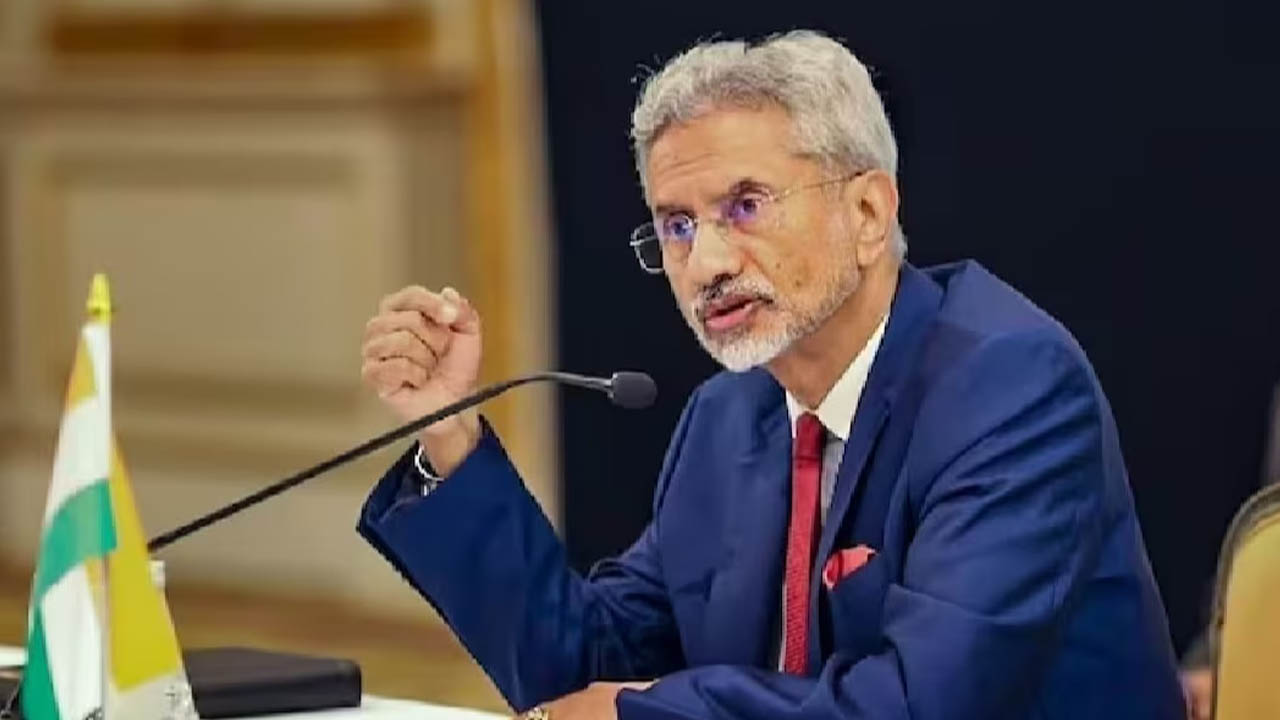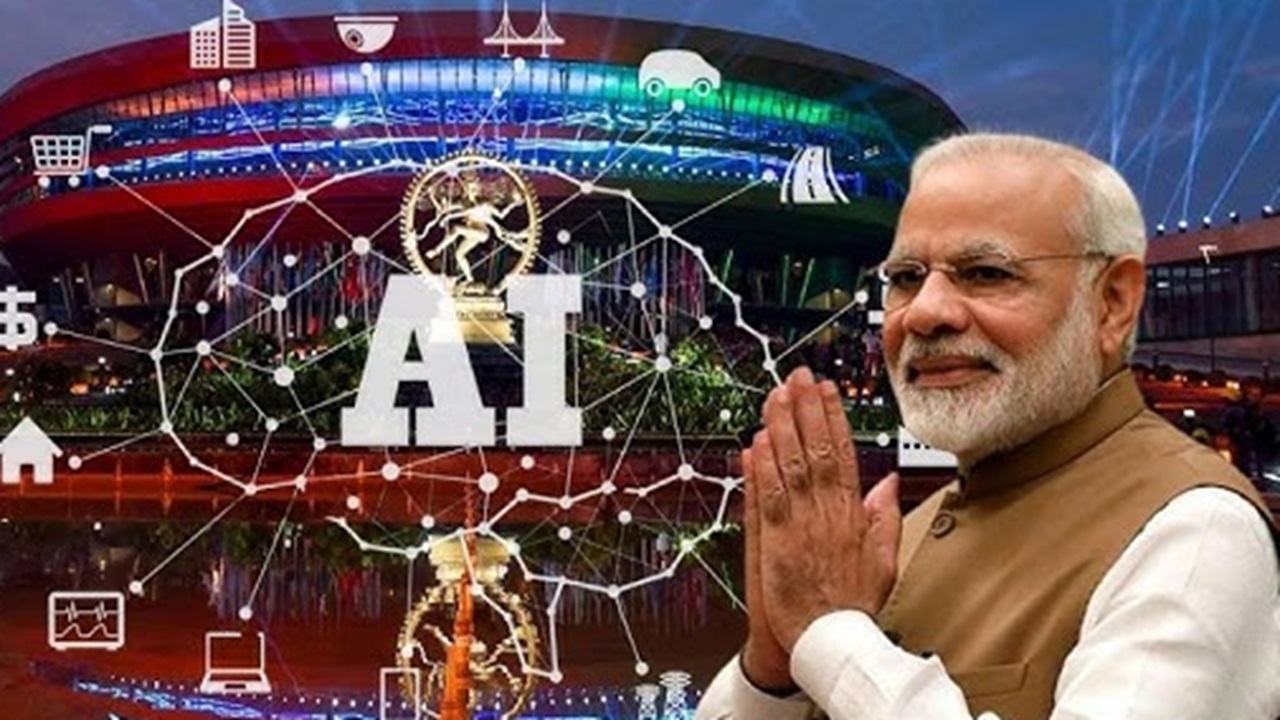External Affairs Minister S. Jaishankar’s recent remarks have ignited a fresh wave of debate and scrutiny regarding Pakistan-occupied Kashmir (PoK) and India’s territorial claims.
· Jaishankar made a veiled criticism aimed at former PM Jawaharlal Nehru, suggesting that India’s loss of PoK was a consequence of “someone’s weakness or mistake”.
· The Minister’s remarks also raised pertinent questions about potential reactions from China, given its vested interests in the region.
· Meanwhile, developments within PoK itself have added urgency to the discourse surrounding its status.
· In India, political rhetoric advocating for the integration of PoK has intensified, particularly against the backdrop of ongoing Lok Sabha elections.
· Union Home Minister Amit Shah reiterated India’s unequivocal claim over PoK, asserting that it belongs to India and vowing to reclaim it “at any cost”.
· Shah’s remarks reflect the Bharatiya Janata Party’s (BJP) assertive stance on national security and territorial integrity, contrasting it with perceived weaknesses in the opposition’s approach.
External Affairs Minister S. Jaishankar’s recent remarks have ignited a fresh wave of debate and scrutiny regarding Pakistan-occupied Kashmir (PoK) and India’s territorial claims. Speaking at an event in Maharashtra’s Nashik, Jaishankar made a veiled criticism aimed at former Prime Minister Jawaharlal Nehru, suggesting that India’s loss of PoK was a consequence of “someone’s weakness or mistake”.
Jaishankar’s comments, though not directly naming Nehru, brought into focus the strategic significance of PoK as an integral part of India and the historical complexities surrounding its loss to Pakistan. This assertion has added fuel to the ongoing discourse within India, particularly among political circles, regarding the need to reclaim PoK and integrate it into the Indian Union.
The Minister’s remarks also raised pertinent questions about potential reactions from China, given its vested interests in the region. China’s ambitious “China–Pakistan Economic Corridor” (CPEC), a major infrastructure project traversing through PoK, adds a layer of complexity to any move by India to assert its sovereignty over the disputed territory.
Jaishankar, however, downplayed concerns about China’s response, expressing confidence that Beijing would not intervene in India’s internal affairs regarding PoK. Drawing on his extensive diplomatic experience, particularly as India’s former ambassador to China, Jaishankar emphasized India’s sovereign claim over PoK and highlighted past diplomatic exchanges where India reiterated its stance to China.
Meanwhile, developments within PoK itself have added urgency to the discourse surrounding its status. Reports of violent clashes between locals and Pakistan Rangers, sparked by grievances over economic hardship and poor governance, underscore the simmering discontent within the region and the desire for change among the populace.
In India, political rhetoric advocating for the integration of PoK has intensified, particularly against the backdrop of ongoing Lok Sabha elections. Union Home Minister Amit Shah reiterated India’s unequivocal claim over PoK, asserting that it belongs to India and vowing to reclaim it “at any cost”.
Shah’s remarks reflect the Bharatiya Janata Party’s (BJP) assertive stance on national security and territorial integrity, contrasting it with perceived weaknesses in the opposition’s approach. The BJP has positioned itself as the vanguard of India’s interests, portraying Prime Minister Modi’s leadership as transformative, particularly in dealing with issues related to Kashmir and PoK.
The rhetoric surrounding PoK underscores broader geopolitical dynamics in South Asia, with implications for regional stability and India-Pakistan relations. While India’s assertions may resonate domestically, they also risk exacerbating tensions with Pakistan, a nuclear-armed neighbor with vested interests in maintaining control over PoK.
As India navigates these complex territorial disputes, diplomatic finesse and strategic foresight will be essential in safeguarding its interests while mitigating potential escalations. The future of PoK remains uncertain, shaped by the interplay of historical grievances, geopolitical rivalries, and domestic aspirations for autonomy and self-determination.
In summary, Jaishankar’s remarks have sparked renewed attention to the status of PoK and India’s determination to assert its sovereignty over the region. The path forward will require careful navigation of geopolitical complexities and a steadfast commitment to protecting India’s territorial integrity while promoting regional stability and cooperation.
(With inputs from agencies)








